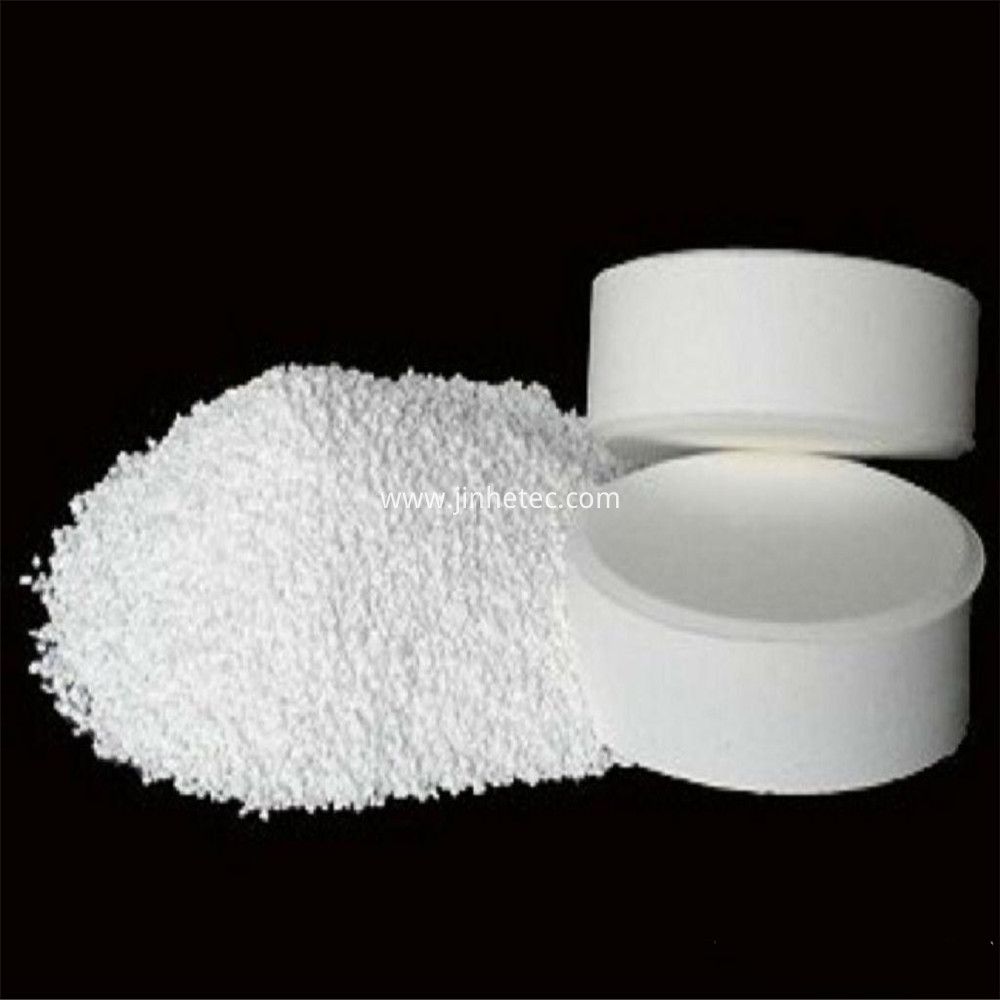
Privacy statement: Your privacy is very important to Us. Our company promises not to disclose your personal information to any external company with out your explicit permission.

1、 Swimming pool water
(1) Circulating water purification and disinfection equipment
1. The swimming pool must be equipped with circulating water purification and disinfection equipment, and can meet the requirements of water quality treatment. The circulating purification and disinfection equipment of water quality in swimming places should be kept complete and in good condition, regular inspection and maintenance system should be established, regular inspection, maintenance and repair should be done well, and records should be made. If problems are found, they should be repaired in time. In case of failure, emergency measures should be taken to ensure the normal operation of various facilities and equipment and keep them in good condition.
2. The selection of circulating water purification and disinfection equipment should meet the following requirements:
(1) The equipment is simple, safe and reliable, and easy to operate and maintain;
(2) The metering device is accurate and flexible;
(3) The dosing system can be controlled automatically and is safe and reliable;
(4) At least one set of standby equipment shall be set for the chlorination machine. The chlorination machine shall have stable pressure and uninterrupted water source. The operation and stop of the chlorination machine shall be interlocked with the operation and stop of the circulating water pump.
(2) Disinfection of swimming pool water
1. The selection of disinfectant should meet the following requirements:
(1) It has strong sterilization ability and continuous sterilization function;
(2) Do not cause water and environmental pollution, do not change the water quality of the pool;
(3) No or little stimulation to human body;
(4) The corrosion of building structure, equipment and pipeline is small.
2. The water in swimming pool should be disinfected with chlorine disinfectant. At present, chlorine containing disinfectants used in swimming pools in China include liquid chlorine, bleached powder, bleached water, strong chlorine concentrate (TCCA), etc. Bleaching powder is gradually eliminated because of residue, blocking the pipeline and affecting the water quality. The chlorine content in bleaching water is very unstable, and its effective chlorine will gradually decrease with the influence of environment, temperature, humidity, light and storage time. When liquid chlorine is used for disinfection, leakage prevention measures should be taken, including that the Water Treatment room should be far away from the swimming pool and closed, and there should be emergency alarm devices in the room; liquid chlorine should be automatically added by vacuum, and a device should be set to fully mix and contact chlorine with the pool water; strong chlorine concentrate (TCCA) has conjugated groups, which gradually decomposes and releases hypochlorite in the water, leaving cyanuric ACID salt which is harmful to water The available chlorine in water has a stabilizing effect. It is nontoxic and stable. In recent years, many swimming pools in China use TCCA as disinfectant.
3. Ozone, ultraviolet or other disinfection methods can be used when necessary. When using ozone or ultraviolet disinfection, chlorine disinfection should be supplemented to maintain the continuity of disinfection.
4. The chlorination amount of swimming pool water (including the new water continuously supplied by children's wading pool) is calculated and determined according to the free residual chlorine amount in the pool water of 0.3-0.5mg/l, and the chlorination amount of foot dipping disinfection pool water is calculated and determined according to the free residual chlorine amount in the pool water of 5-10mg / L. the dosing time is best 1-2 hours before opening. When the swimming place is open, the residual chlorine in the swimming pool water should be measured regularly and recorded. If conditions permit, the residual chlorine shall be measured every 2 hours when the indoor swimming place is open; and the residual chlorine shall be measured every hour when the outdoor swimming place is open.
(3) In order to prevent algae from growing in the artificial swimming pool, 0.25-0.5mg/l copper sulfate (2-3kg per 1000m3 of water) was added into the water. The maximum dosage of algae should not exceed 1.0mg/l, and it is better to put it once or twice a month.
June 25, 2023
April 03, 2023
March 17, 2023
From 2011 to 2021, the global caustic soda production capacity and output as a whole showed an increasing trend year by year, of which the production capacity increased from 82.6 million tons in 2011...
Polyaluminum chloride is a kind of inorganic flocculant widely used in the market. The factors that affect the coagulation effect of polyaluminum chloride are complex, which are mainly caused by the...
It is harmless for human body to disinfect indoor with sodium dichloroisocyanurate. However, when sodium dichloroisocyanurate meets with water, the concentration of hypochlorite released is high,...
flocculant The effect of flocculant depends on the comprehensive action of many factors. The main factors affecting the flocculation effect are the properties of flocculant, the composition and...
Email to this supplier
June 25, 2023
April 03, 2023
March 17, 2023

Privacy statement: Your privacy is very important to Us. Our company promises not to disclose your personal information to any external company with out your explicit permission.

Fill in more information so that we can get in touch with you faster
Privacy statement: Your privacy is very important to Us. Our company promises not to disclose your personal information to any external company with out your explicit permission.